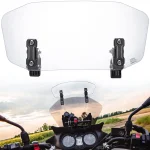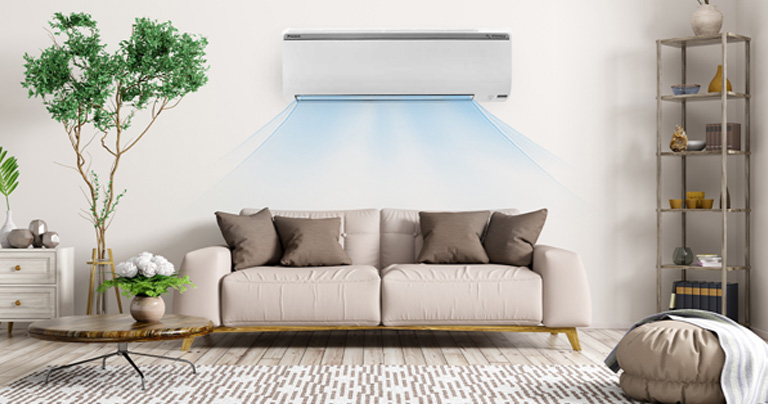Introduction to Amazon Business Models
When it comes to selling on Amazon, two of the most popular business models are Amazon FBA Wholesale and Private Label. Both approaches offer sellers unique opportunities to scale and grow, but they also come with their own set of challenges. Many new sellers often wonder which model is more suitable for them, and understanding the differences between the two is essential. While Private Label requires building your own branded products, Amazon fba wholesale focuses on sourcing established brands at wholesale prices and reselling them on Amazon’s marketplace.
What is Amazon FBA Wholesale?
Amazon FBA Wholesale is a model where sellers purchase products in bulk directly from authorized distributors or manufacturers of established brands. Instead of creating a new product, you leverage the credibility and demand of well-known brands to generate sales. The biggest advantage of Amazon FBA Wholesale is that customers already recognize and trust the products you are selling, which reduces the amount of marketing and brand awareness efforts required. This model is ideal for sellers who want to enter the market quickly and reduce the risks of creating a completely new brand.
What is Private Label on Amazon?
Private Label is a strategy where sellers create their own brand by sourcing products, often from overseas manufacturers, and labeling them under their own brand name. With Private Label, you are responsible for every aspect of product development, including design, packaging, and branding. This model allows you to build a unique identity and potentially create long-term customer loyalty. However, it also requires a larger initial investment and more extensive marketing efforts compared to Amazon FBA Wholesale.
Key Differences in Startup Costs
One of the major differences between Amazon FBA Wholesale and Private Label is the startup cost. With Amazon FBA Wholesale, sellers usually spend money on securing wholesale accounts, purchasing inventory in bulk, and covering Amazon’s fees. The upfront costs are relatively moderate, and you avoid large expenses related to product development. On the other hand, Private Label requires investment in product creation, logo design, packaging customization, and branding strategies, making the entry cost significantly higher.
Product Risk and Market Competition
Amazon FBA Wholesale generally involves less product risk since you are selling items from established brands with proven demand. The main challenge is competing with other resellers who may be selling the same product. In contrast, Private Label carries higher risk because you are introducing a new product to the market. While this can be highly rewarding if the product succeeds, it can also result in losses if the product fails to attract customers. Private Label sellers must invest heavily in marketing, reviews, and brand positioning to stand out from competitors.
Timeframe to Launch
Launching an Amazon FBA Wholesale business is usually faster because you do not need to go through the process of designing and manufacturing products. Once wholesale agreements are in place, sellers can list products and start selling within weeks. Private Label, however, takes significantly longer due to product sourcing, prototyping, packaging, and branding. This process can take several months before the first sale is made, making Amazon FBA Wholesale a quicker path for those looking to generate income sooner.
Profit Margins and Scalability
Private Label generally offers higher profit margins because you own the brand and have full control over pricing. Sellers can scale quickly by building a strong brand presence and launching additional related products under the same brand name. On the other hand, Amazon FBA Wholesale tends to have thinner profit margins due to competition and fixed wholesale prices, but it is highly scalable because you can continually add new products from different brands without creating them yourself.
Brand Control and Long-Term Value
Private Label provides complete brand control, which allows you to build a long-term business with customer loyalty and higher resale value if you ever decide to sell your business. With Amazon FBA Wholesale, you do not own the brand you are selling, which limits your control and long-term equity. However, wholesale still provides stability and consistent revenue because you are tapping into the demand of popular, established brands.
Which Model is Right for You?
Choosing between Amazon FBA Wholesale and Private Label depends on your goals, budget, and risk tolerance. If you want to build a long-term brand and are willing to invest heavily in marketing and product development, Private Label may be the right path. If your priority is to start quickly with lower risk and leverage existing brand recognition, Amazon FBA Wholesale is the better option. Some sellers even combine both strategies, starting with wholesale to generate cash flow before moving into Private Label for higher profits.
Conclusion
Both Amazon FBA Wholesale and Private Label have their advantages and challenges, and the right choice depends on your business vision. Amazon FBA Wholesale is best suited for those who want a faster, lower-risk entry into the market by selling trusted brands, while Private Label is ideal for entrepreneurs who want to build their own unique brand and achieve long-term business growth. Understanding these differences allows you to make an informed decision and choose the model that aligns with your financial goals and resources. Ultimately, success on Amazon comes from careful planning, research, and consistent execution, whether you choose Amazon FBA Wholesale or Private Label.










